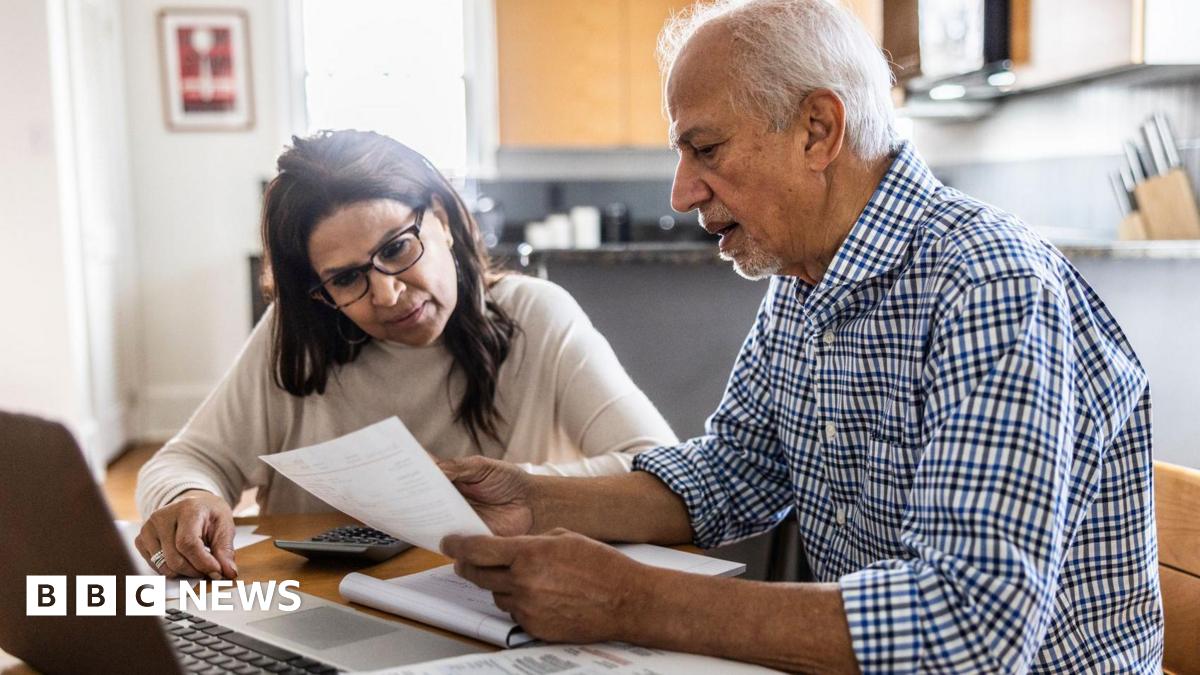Not all pensioners receive the full state pension because it depends on years of qualifying contributions through the National Insurance system.
For many retired people, the state pension is not their only source of income as they will also receive money from workplace or private pensions.
The state pension is the second-largest item in the government budget after health spending.
The Conservative-Liberal Democrat coalition designed the triple lock in 2011 to ensure the value of the state pension was not overtaken by the increase in the cost of living or the incomes of working people.
But there has been intense debate over the cost of the triple lock and whether it is justified, with Chancellor Rachel Reeves previously pledging that the Labour government would keep it in place until the end of the current parliament.
In July, the government’s official forecaster said the cost of the triple lock guarantee was set to be three times higher by the end of the decade than was originally anticipated when it began.
Work and Pensions Secretary Pat McFadden said the government promised to “honour” the triple lock for the “course of this parliament”.
“It is estimated that will mean a rise in the State Pension of around £1,900 a year by the end of the parliament,” he said.
